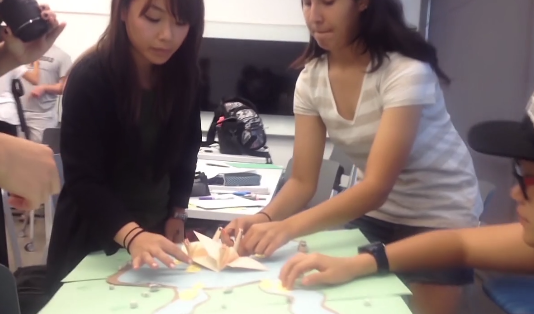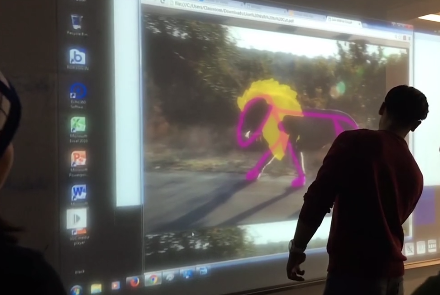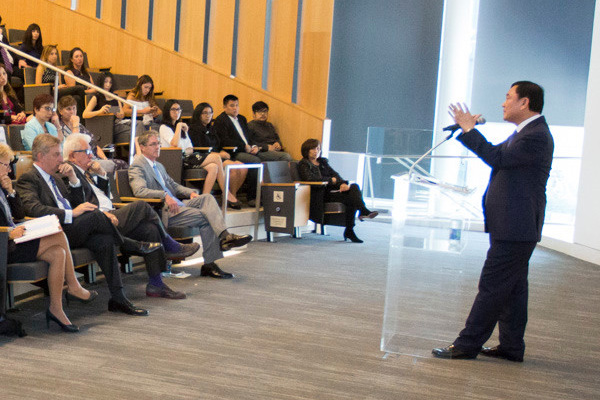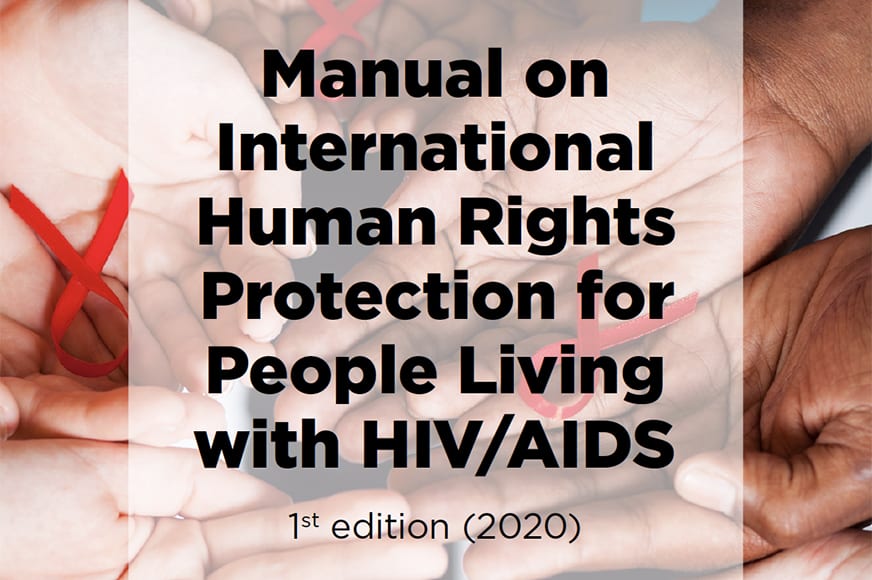
To meet natural disasters, privately funded scientific research offers the best hope for effective responses. That’s according to Jim Demetriades ’85, entrepreneur, and managing partner and founder of Kairos Ventures who presented “How Science Will Change the World in the Next Five Years” in the fall.
Demetriades, who double majored in computer science and economics, emphasized the need for commercializing scientific research, particularly in the wake of two related developments: the increase in international disasters and U.S. government cuts to scientific research over the past six years. “Government can’t fix problems alone,” Demetriades said, as he summarized the current funding atmosphere.
He began the lecture by discussing his early fascination with computers at age nine. His father, a Caltech-educated rocket scientist who fled from Greece during World War II, would often drop Demetriades in the Caltech computer room for hours at a time. Demetriades said the experience would shape his lifelong love for technology and science.
Demetriades began his career in the health care industry, programming for Healthnet and later PHS. He later grew then sold his own software company, Seebeyond, in a multi-million dollar sale. Now, through Kairos Ventures, which he founded in 2015, Demetriades hopes to turn more scientific breakthroughs into successful businesses, raising $50 million for research at Caltech in 2015.
Demetriades went on to explain how new scientific advancements have served as responses to global disasters and how, even in the face of negative news attention, they continue positive trends of development in areas like education and health care, which was a major point of discussion. In particular, he talked about funding a 3-D printing company that was the first to discover two types of cartilage while looking into printing human ears, and a company that made more-resilient heart valves out of plastic for a fraction of the cost of current heart valves. Demetriades demonstrated these successes in a PowerPoint presentation through CGI animations and videos of the technologies.
Demetriades later discussed exciting discoveries and business opportunities in other industries, including wireless device charging from up to 20 feet away, and artificial insect pheromones meant to increase crop efficiency from 90 percent to 99 percent.
Demetriades’ lecture was sponsored by the Fred Kiesner Center for Entrepreneurship. Demetriades graduated from Loyola Marymount University in 1985 with a bachelor’s degree in computer science and economics with minors in mathematics and business.
Reporter Cristobal Spielmann is a first-year double major in film and TV production and
environmental science.







